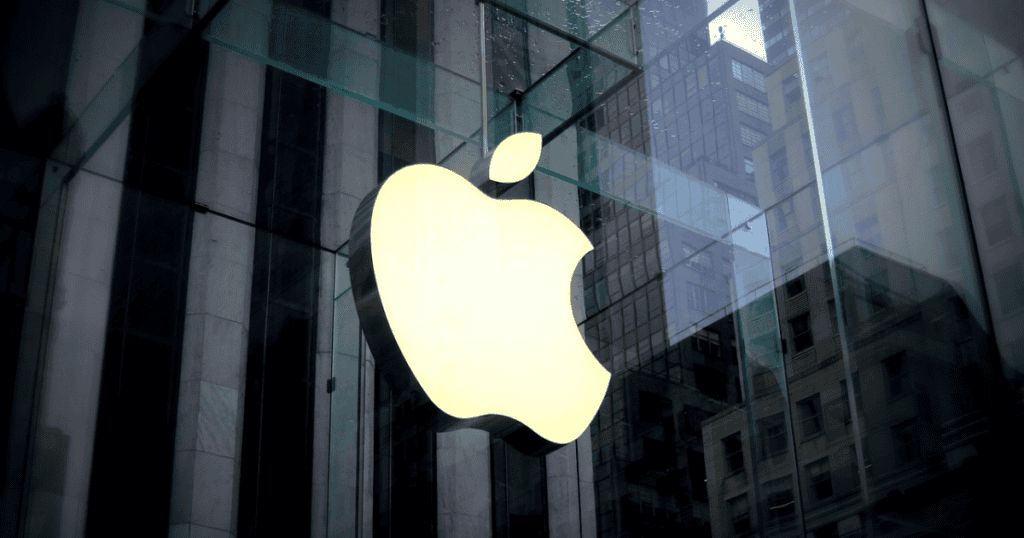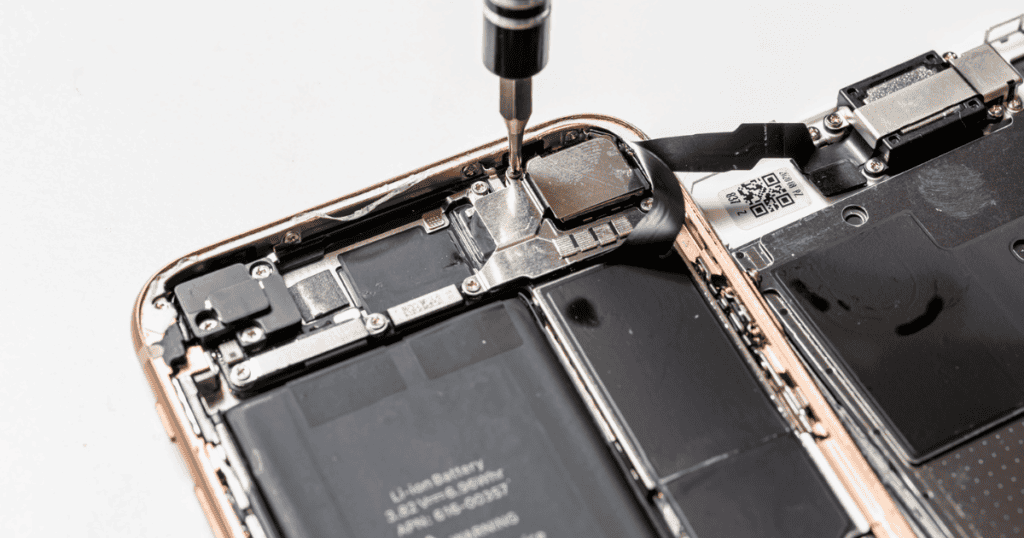In March 2023, the U.S. Department of Justice (DOJ), alongside 16 states, filed a significant antitrust lawsuit against Apple, alleging that the tech giant has established an illegal monopoly in the smartphone market through its iPhone and the tightly controlled ecosystem surrounding it. This lawsuit marks a pivotal moment in the ongoing scrutiny of big tech companies and their market practices, raising questions about competition, consumer choice, and the future of digital innovation.
The Allegations Against Apple
The DOJ’s lawsuit paints a broad picture of alleged anticompetitive behavior by Apple. The core of the accusations revolves around the claim that Apple has created barriers that hinder competition and limit consumer options. Some of the key allegations include:
- Consumer Lock-In: The DOJ argues that Apple has made it increasingly difficult for consumers to switch from iPhones to other smartphone platforms. This lock-in effect not only stifles competition but also limits consumer freedom.
- Blocking Cloud-Based Streaming Apps: The lawsuit claims that Apple has obstructed the development of cloud-based streaming applications, which could provide users with more options for gaming and media consumption.
- Cross-Platform Messaging Limitations: The DOJ contends that Apple has intentionally degraded the messaging experience for users who communicate across different platforms, thereby discouraging users from switching to non-Apple devices.
- Restrictions on Third-Party Devices: The lawsuit highlights how Apple has limited the functionality of third-party smartwatches that can be paired with iPhones, further entrenching its market position.
- Tap-to-Pay Functionality: Apple is accused of preventing third-party apps from offering tap-to-pay services, which could enhance competition in the digital payments space.
These allegations suggest a pattern of behavior aimed at maintaining Apple’s dominance in the smartphone market, potentially at the expense of consumer choice and innovation.
Apple’s Response
In response to the lawsuit, Apple has firmly denied the allegations, asserting that the DOJ has failed to provide sufficient evidence to support its claims of monopoly power and consumer harm. During a recent court hearing in New Jersey, Apple’s legal team argued for the dismissal of the lawsuit, emphasizing that the DOJ’s assertions lack plausibility.
Apple’s spokesperson stated, “We believe this lawsuit is wrong on the facts and the law, and we will vigorously defend against it.” This statement underscores Apple’s commitment to contesting the allegations and maintaining its business practices.
Recent Policy Changes
Interestingly, Apple has made several policy changes in 2023 that may counter some of the DOJ’s claims. For instance, in January, Apple began allowing cloud-based game streaming apps on the App Store globally, a move that could be seen as a response to the allegations regarding its restrictive practices. Additionally, in August, Apple opened up the iPhone’s NFC chip, which is used for Apple Pay, to third-party developers in the U.S. and select other countries. These changes suggest that Apple is attempting to adapt its policies in a way that could mitigate the DOJ’s concerns.
The Legal Proceedings Ahead
The legal battle between Apple and the DOJ is expected to be lengthy. Judge Julien Neals, who is presiding over the case, has indicated that he hopes to make a ruling by January. However, the motion to dismiss is a common step in lawsuits, and it is likely that the case will proceed to trial, with some claims potentially being amended or dismissed along the way.
The implications of this lawsuit extend beyond Apple. It reflects a broader trend of increasing scrutiny on major tech companies and their market practices. As regulators around the world ramp up their efforts to ensure fair competition, the outcome of this case could set important precedents for how tech giants operate in the future.
The Bigger Picture: Antitrust in the Tech Industry
The Apple lawsuit is part of a larger narrative surrounding antitrust issues in the tech industry. Companies like Google, Amazon, and Facebook have also faced similar scrutiny, with regulators questioning their market power and the impact of their practices on competition and consumers. The growing concern over monopolistic behavior in the tech sector has led to calls for more stringent regulations and oversight.
As consumers increasingly rely on digital services and products, the need for a competitive marketplace becomes more critical. The outcome of the Apple lawsuit could influence how other tech companies approach their business models and interactions with consumers and competitors.
MacReview Verdict
The antitrust lawsuit against Apple is a significant development in the ongoing conversation about competition in the tech industry. As the case unfolds, it will be essential to monitor the arguments presented by both sides and the potential implications for consumers and the market as a whole. Apple’s defense against the DOJ’s claims, coupled with its recent policy changes, will play a crucial role in shaping the narrative around its business practices.
In a world where technology continues to evolve rapidly, the balance between innovation and competition remains a delicate one. The outcome of this lawsuit could have far-reaching effects, not only for Apple but for the entire tech landscape. As we await the court’s ruling, one thing is clear: the scrutiny of big tech is far from over, and the stakes have never been




